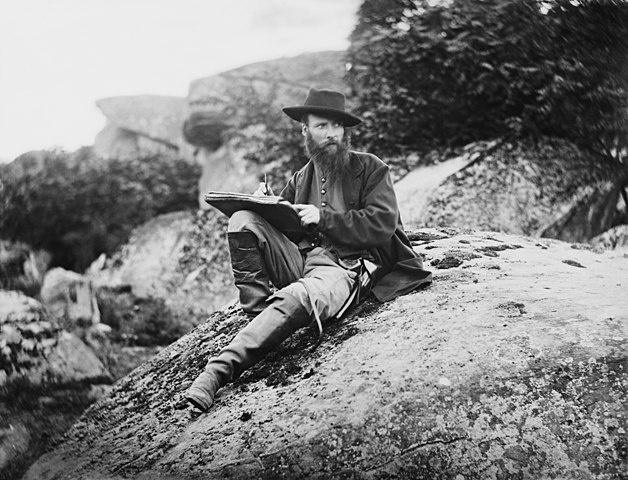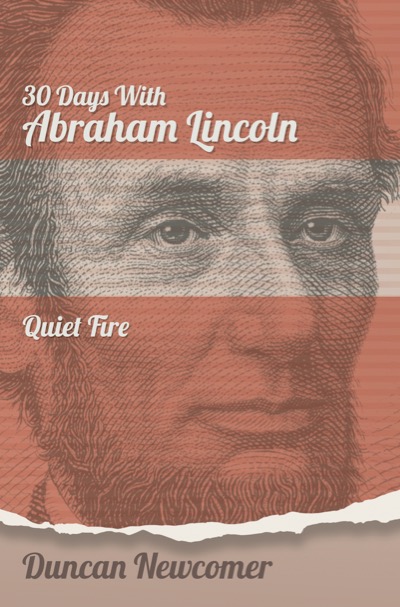
One of the first visitors to the Gettysburg battlefield was illustrator Alfred Waud, who worked for Harper’s Weekly. Just after the battle ended, Waud perched near Devil’s Den with his pad and pencils, sketching a scene that was rushed back to his editors. Alfred was one of only two artists present at the Battle of Gettysburg. His depiction of Pickett’s Charge is thought to be the only visual account by an eyewitness.
.
By JUDITH PRATT
Contributing Columnist
The battlefield at Gettysburg has always been part of my life.
As a child, our family would often go to Devil’s Den to play on the boulders, visit in spring to enjoy the beautiful red bud trees in bloom, walk over the sacred ground (although we children didn’t understand what that meant) with the dry leaves rustling under our feet in autumn, have snow ball fights on Little Round Top in winter.
Not until I was older did I understand what really happened there and how critical that battle was for the preservation of our democracy.
In the meantime, my friend and neighbor, Daddy Bream he was called, would tell me stories. He was undoubtedly the oldest person I had ever met, even older than my grandparents. One day he told me about the soldiers marching past his family’s farm. The grapevine had warned that they were coming—and they were starving!
At age 7, he was sent deep into the forest with the family’s horses, loaded with everything his parents could tie onto them, everything they couldn’t afford to lose. And he was ordered to stay there until told to return to the farm. He didn’t remember how long he stayed there, but it seemed like forever, he said.
That was the very early summer of 1863.
Several months later, his father told him that he was heading to town to hear President Lincoln speak. The two of them saddled up for the ten-mile ride and found quite a crowd when they arrived at the new National Cemetery.
Papa wanted to get close enough to hear the President, so my friend was charged with staying with the horses. From horseback, he could see President Lincoln, but he couldn’t hear.
And then, he recited Lincoln’s Gettysburg Address to me, having committed it to memory—just like we all did. I felt as though I had been there too!
Now that I am old, although at least a decade younger than he was then, I feel so very fortunate to be the oldest of the six of us children who were Daddy Bream’s posse. Of all of us, only I remember those stories and have that feeling that I was there.
.
Judith Pratt is best known to our readers as the chief editor of her husband, contributing columnist and author Benjamin Pratt, who wrote A Guide for Caregivers.
.
Care to Read More in our Fourth of July 2023 series on Lincoln?
Whatever you choose to read next, you will find the following links to the other 2023 columns at the bottom of each page:
Lincoln scholar Duncan Newcomer’s introduction to this series includes a salute to Braver Angels, a nationwide nonprofit dedicated to de-polarizing American politics that is gathering from across the country for a major conference at Gettysburg this week.
Duncan also writes about: What were Lincoln’s hopes for our nation?
And, he explores: What were Lincoln’s core values?
Then, journalist and author Bill Tammeus writes about how Abraham Lincoln’s Gettysburg Address still calls us to reach out to one another.
Journalist and author Martin Davis asks: Are our battle-scarred American roads capable of carrying us toward unity?
Author and leadership coach Larry Buxton writes about: Growing up and growing wise with Abraham Lincoln
Columnist and editor Judith Pratt recalls: Hearing our Civil War stories shared generation to generation.
Attorney and community activist Mark Jacobs writes about: How Lincoln’s astonishing resilience and perseverance inspires me today
.
.
 Want the book?
Want the book?
GET A COPY of Duncan’s 30 Days with Abraham Lincoln—Quiet Fire.
Each of the 30 stories in this book includes a link to listen to the original radio broadcasts. The book is available from Amazon in hardcover, paperback and Kindle versions.
.

